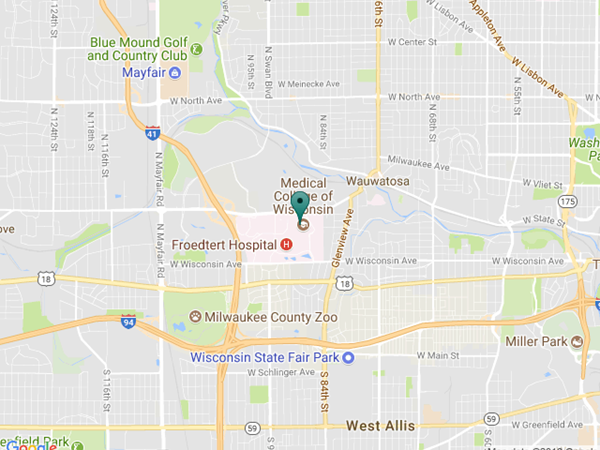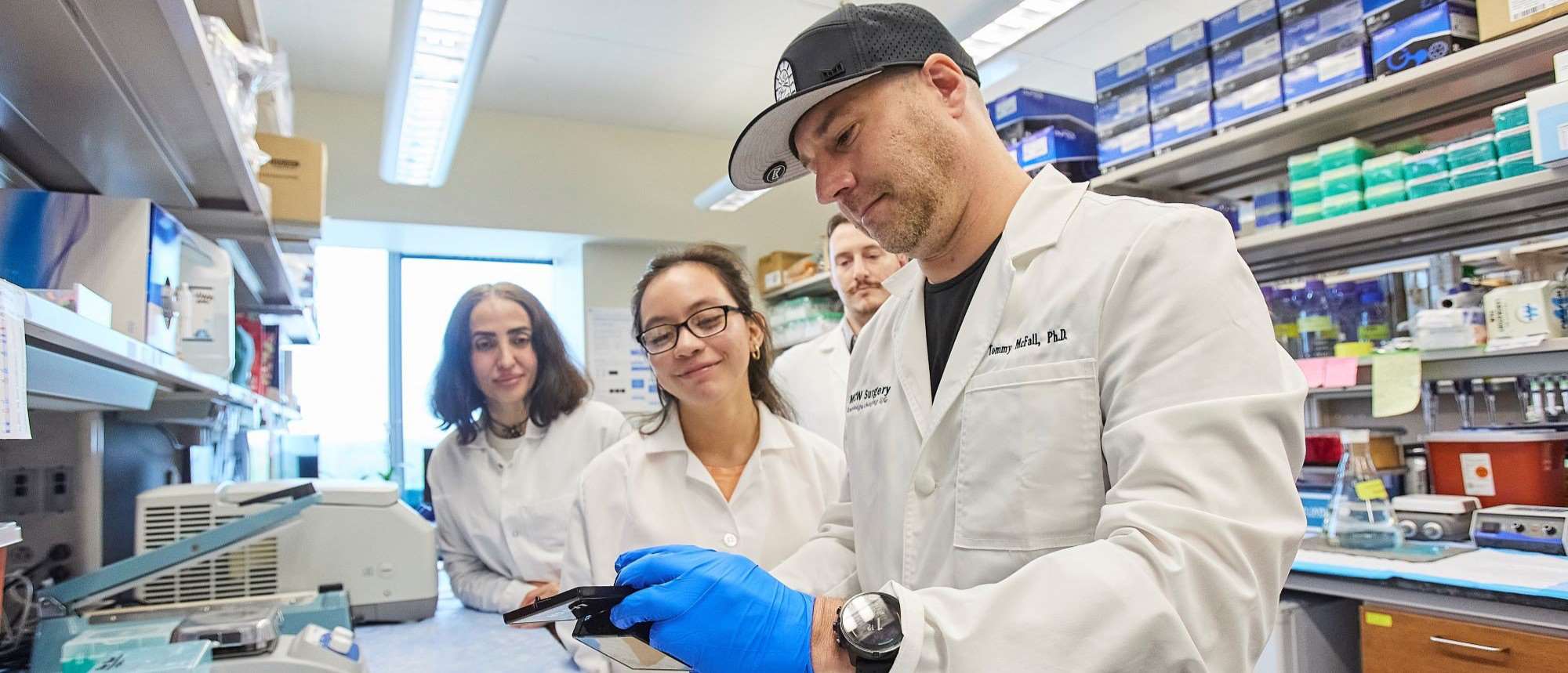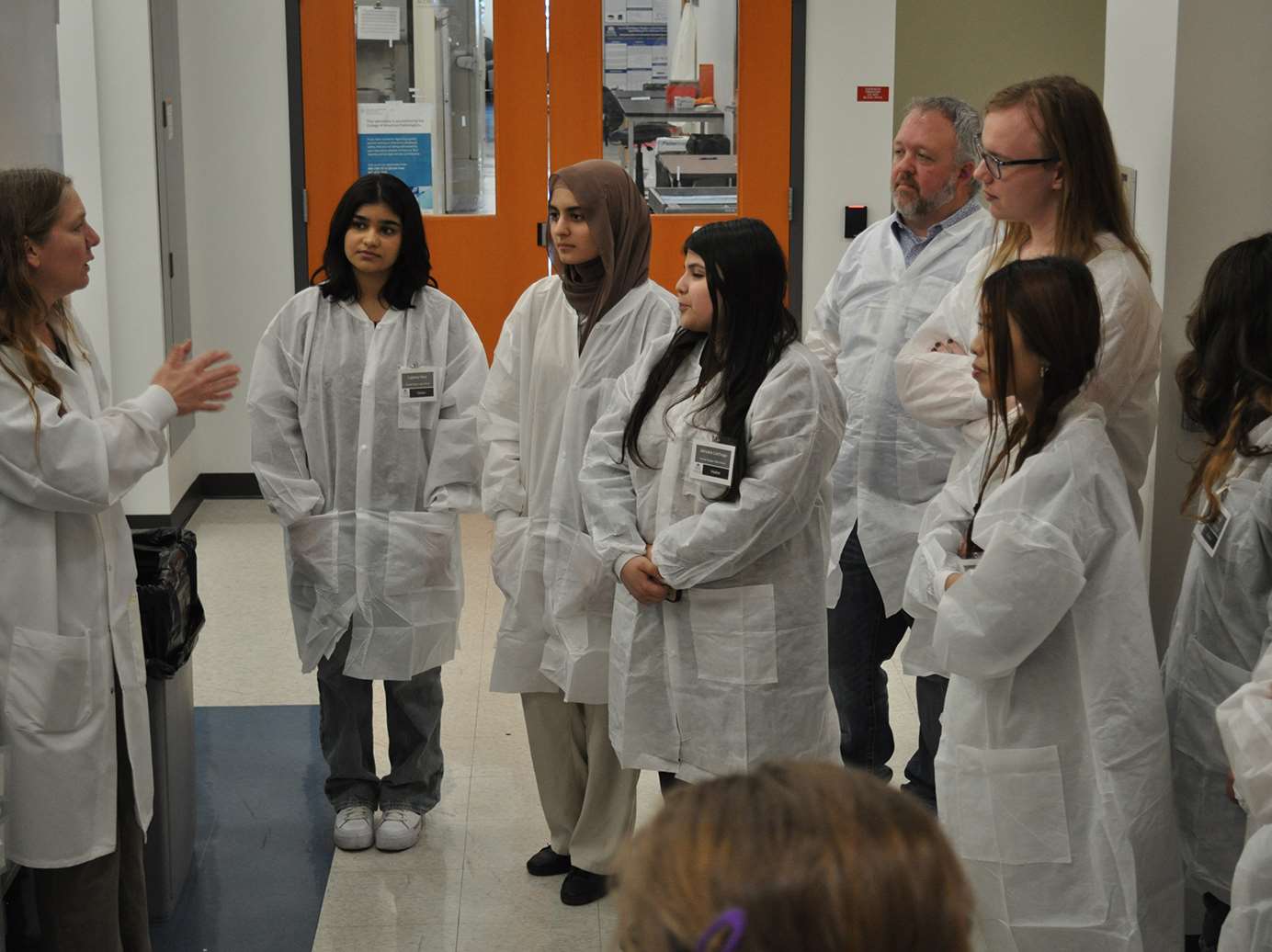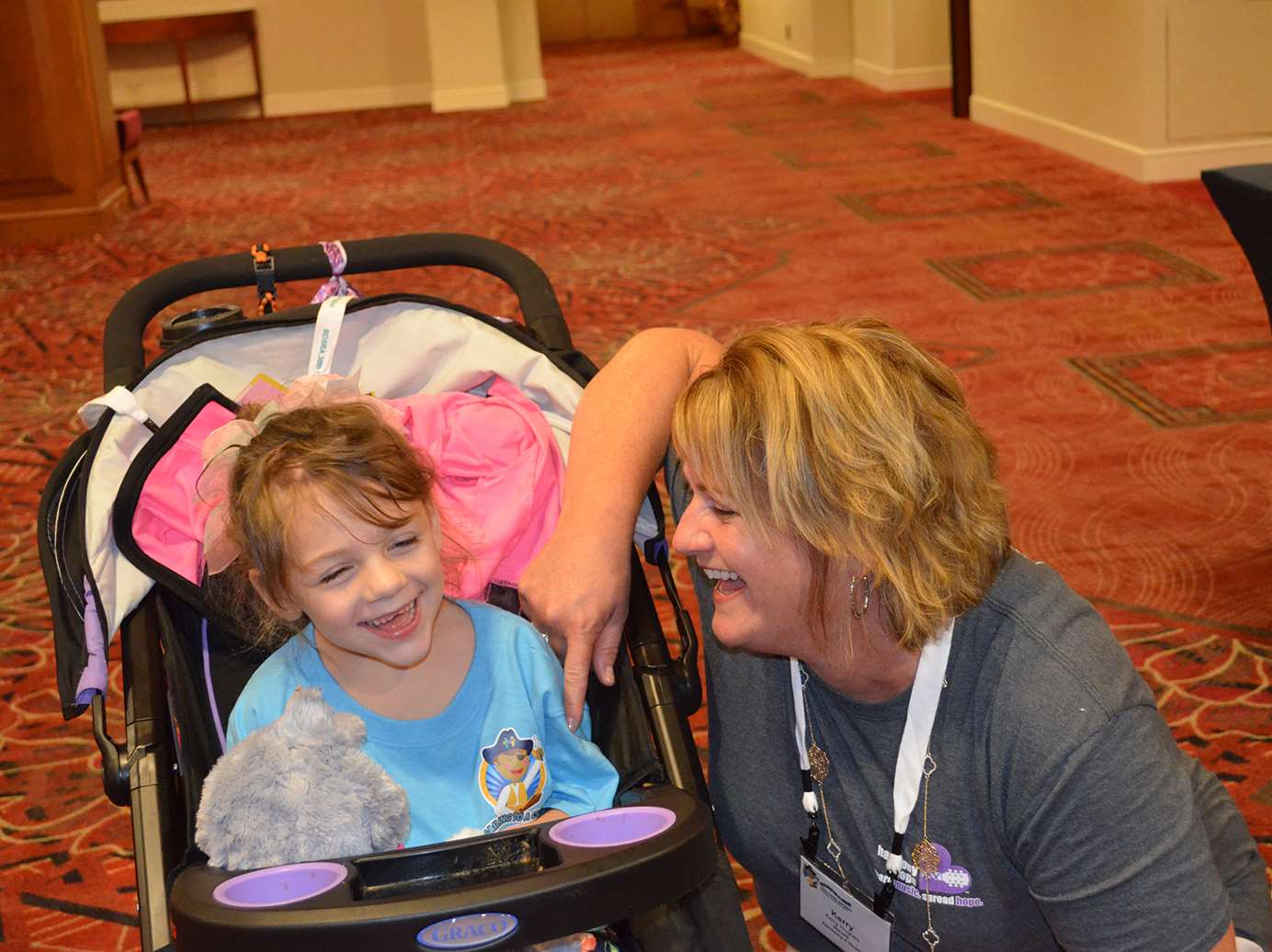Medical College of Wisconsin Linda T. and John A. Mellowes Center for Genomic Sciences and Precision Medicine
Saving lives and improving the wellness of individual citizens and the community by advancing genomic sciences and precision medicine.
Pioneering the fields of Omics, Data Science, and Systems Biology to discover and innovate across our four programs.
The Mellowes Center has its roots in the launch of the Human Genome Project and the 1999 founding of the MCW Human and Molecular Genetics Center. The Mellowes Center uses state-of-the-art whole genome sequencing technologies not only to investigate how gene variants impact gene expression but also to define genetic variants associated with both rare and common disease, embryonic development, and the effects of environmental factors and drugs upon gene expression and disease.

Membership
The Mellowes Center provides membership to qualified faculty at MCW and at CTSI-affiliated institutions who demonstrate a proactive interest and involvement in precision medicine-related research and/or clinical activities.
Learn about membership opportunities
Pillar Programs
The Mellowes Center advances precision medicine and translational research by developing novel technologies in 'Omics, data science, and systems biology to predict biological behaviors and accelerate the pace of scientific discovery through collaborations with diverse partners in four pillar programs.
Learn about our pillar programs
Research Resources
The Mellowes Center has a robust portfolio of tests and services to support researchers, clinicians, and patients and families.
Learn about our research resources
Educational Opportunities
The Mellowes Center offers a number of opportunities for learners at all levels to engage in and learn about cutting-edge precision medicine research, innovation, and discovery
Learn about educational opportunitiesContact Us
Medical College of Wisconsin
8701 Watertown Plank Rd.
Milwaukee, WI 53226
(414) 955-4887
(414) 955-6516 (fax)
mellowescenterinfo@mcw.edu





